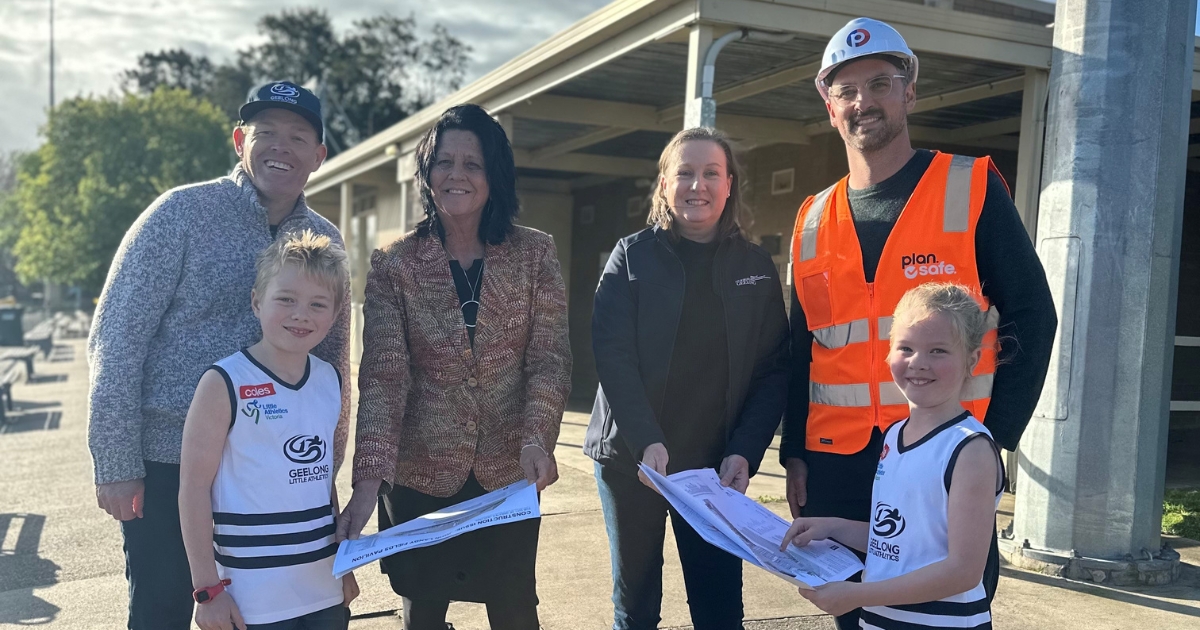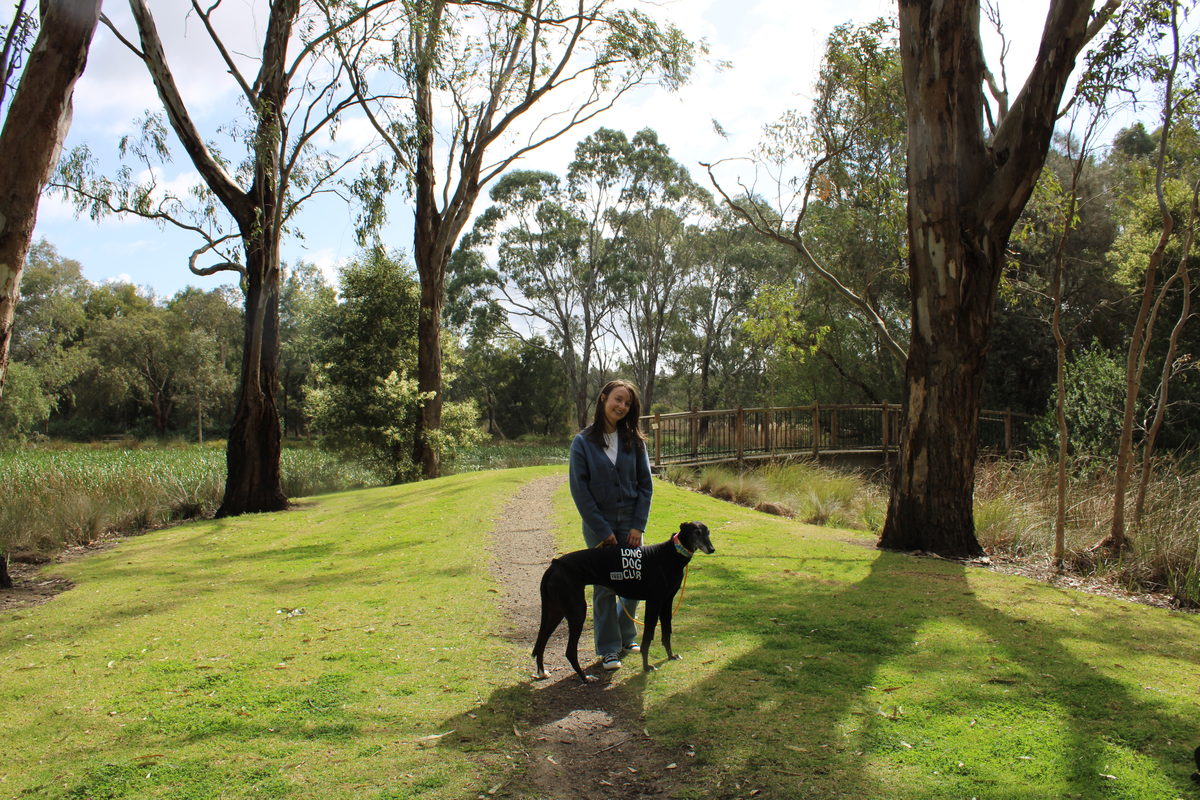Peer support program boosts wellbeing at University Hospital

Dr Belinda Carne (centre) and Dr Belinda Hibble (right) accepting the award at the Australian College for Emergency Medicine (ACEM) awards evening. Photos: LINKEDIN/BARWON HEALTH
A PEER support program pioneered by a Barwon Health emergency department physician has been recognised for its positive impact on the physical and mental health of University Hospital Geelong’s staff.
The program, which was launched by Dr Belinda Carne in 2017, has received a Wellbeing Award from the Australian College for Emergency Medicine (ACEM), the country’s peak body for specialist emergency medicine.
The award itself celebrates the initiatives of an individual, group or emergency department (ED) that have helped to enhance the wellbeing of their ED colleagues.
The peer support program is supported by a growing group of physicians, nurses and admin staff and provides confidential and non-judgemental support to ED staff who have experienced potentially traumatic events while on the job.
After being involved in a critical incident, staff are first contacted by the support team in the form of a “generic text”, then connected with a trained peer within 48 hours of the event.
According to Barwon Health, the peer support program is the first of its kind in an emergency department setting.

Dr Carne said the award was a credit to the program’s team.
“The peer support team is full of hard-working clinicians and support staff who have chosen to undergo specific training to support their colleagues.
“This award recognises the program’s positive contribution on the culture of our workplace.”
She said the support team regularly receives verbal feedback that the program is “highly valued” by and beneficial to those using it.
The program’s ACEM award citation notes a 2023 survey of ED doctors, in which 100 per cent of respondents agreed the program was “useful” after critical incidents.
“Simply knowing that someone would make contact had a great impact on me,” one respondent said.
“Just that knowledge seemed to relieve the stress of what I had witnessed. It meant I didn’t feel like I had to deal with it alone if I found myself struggling.”

















